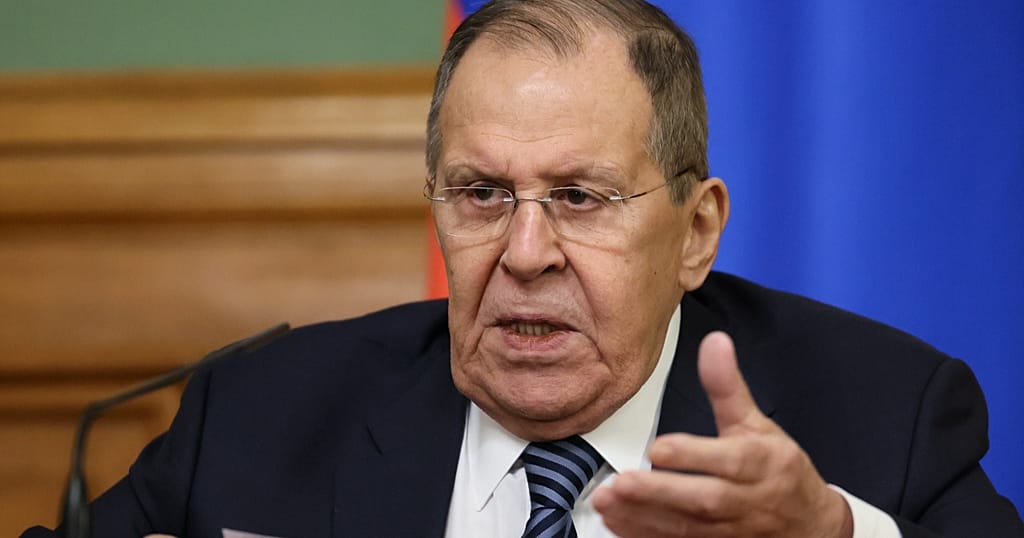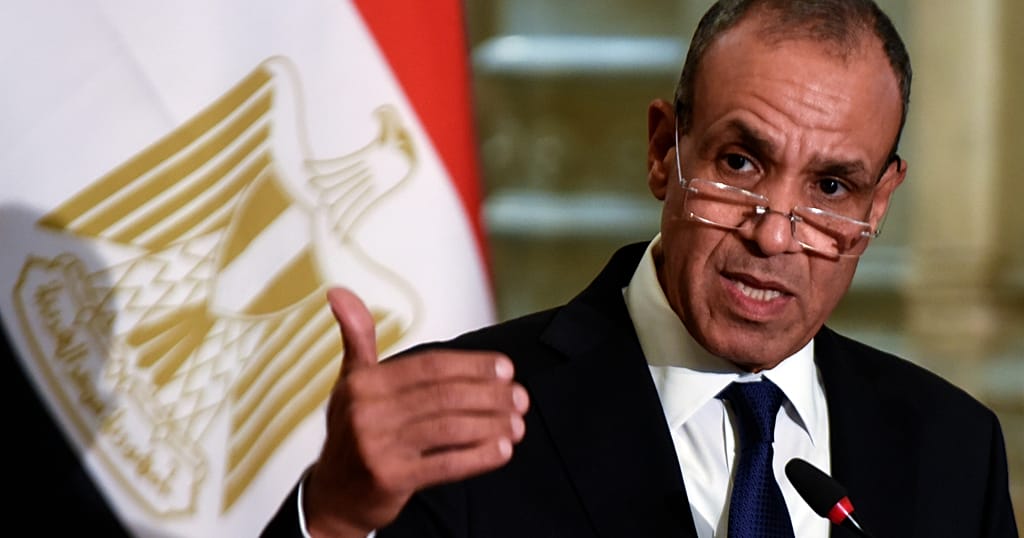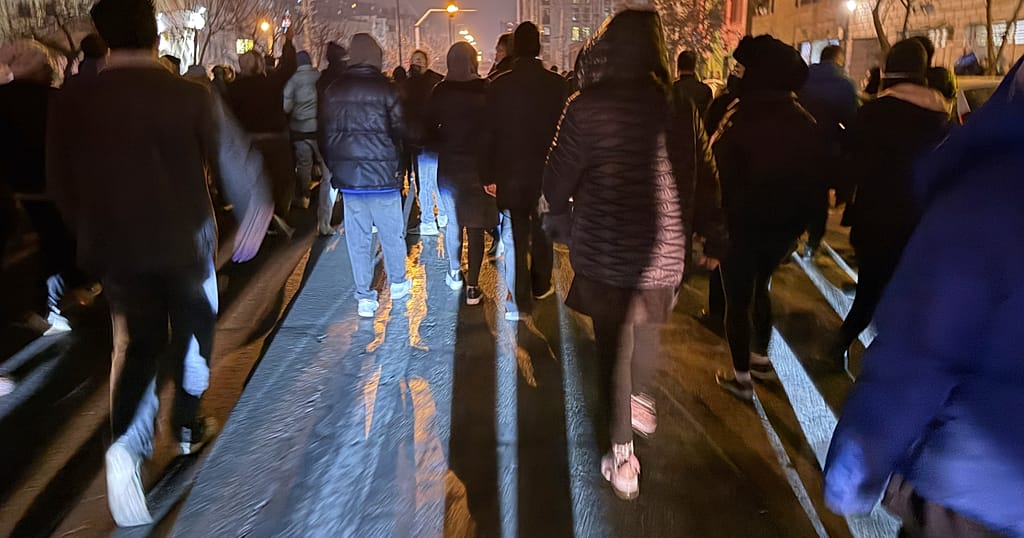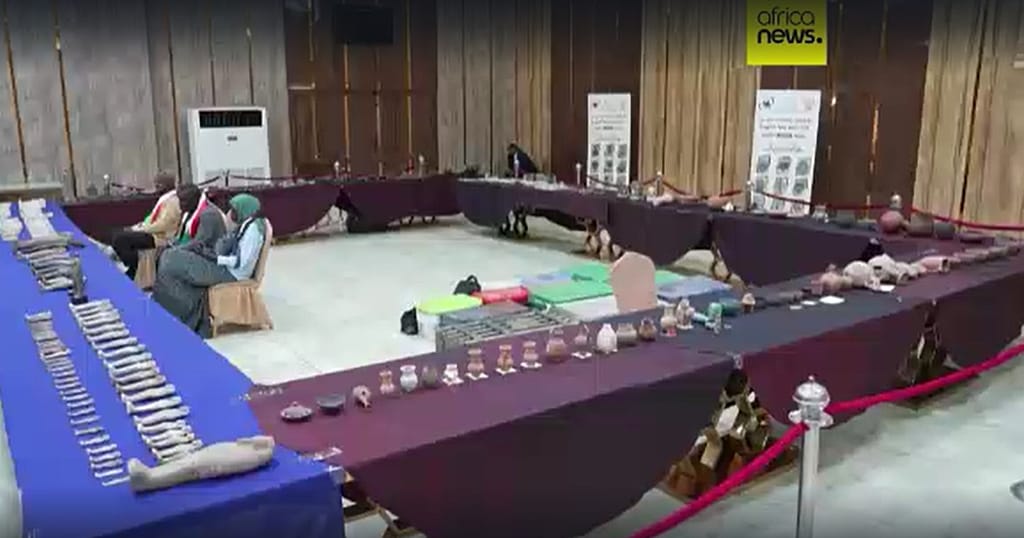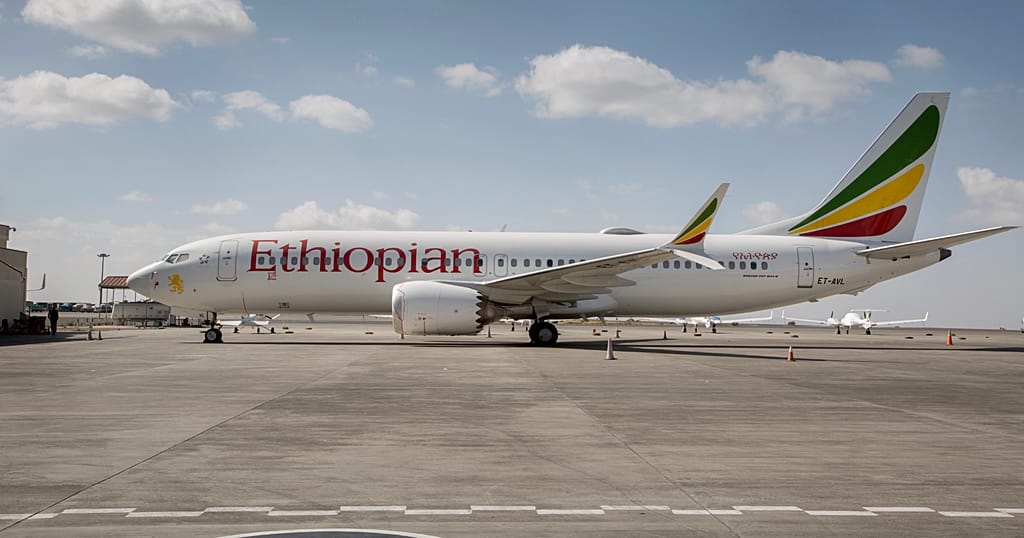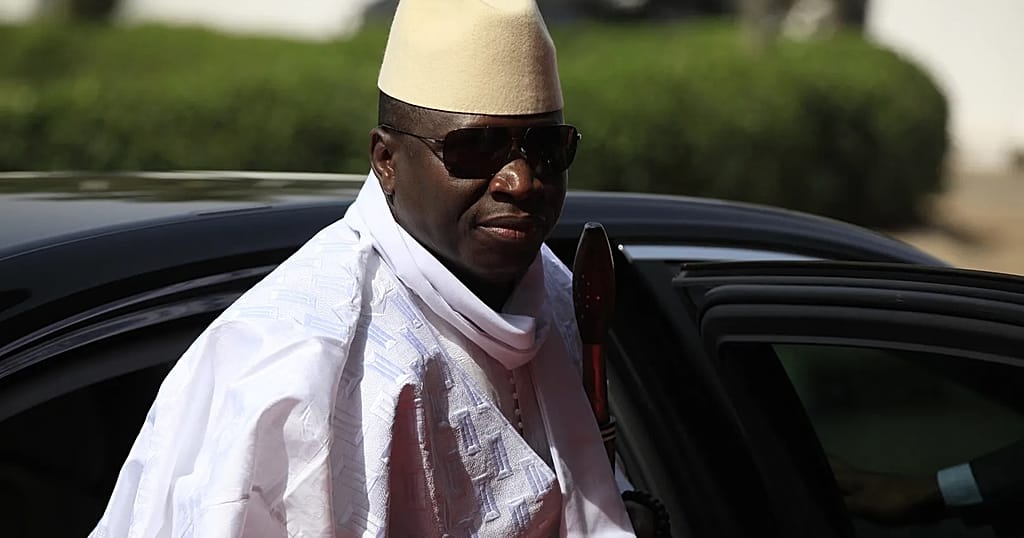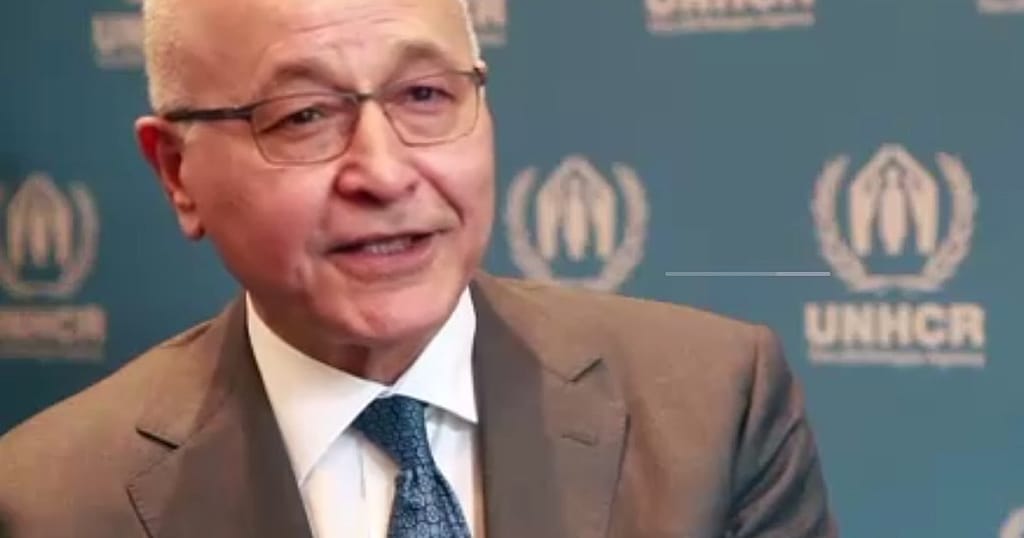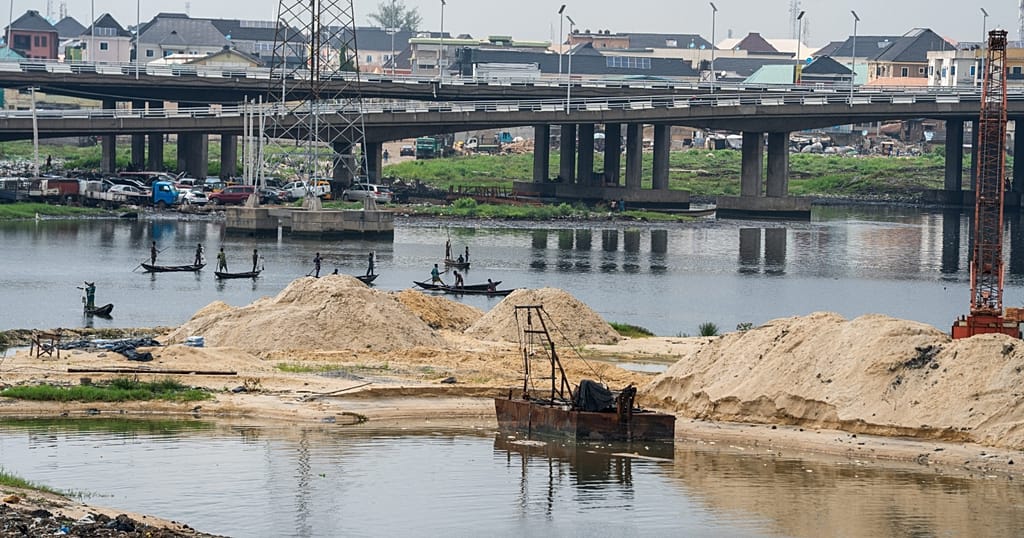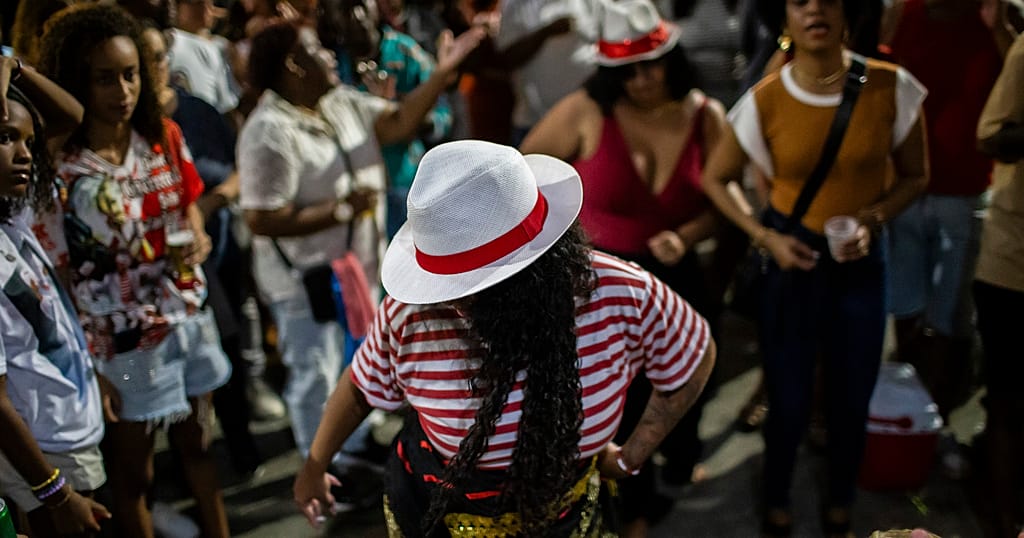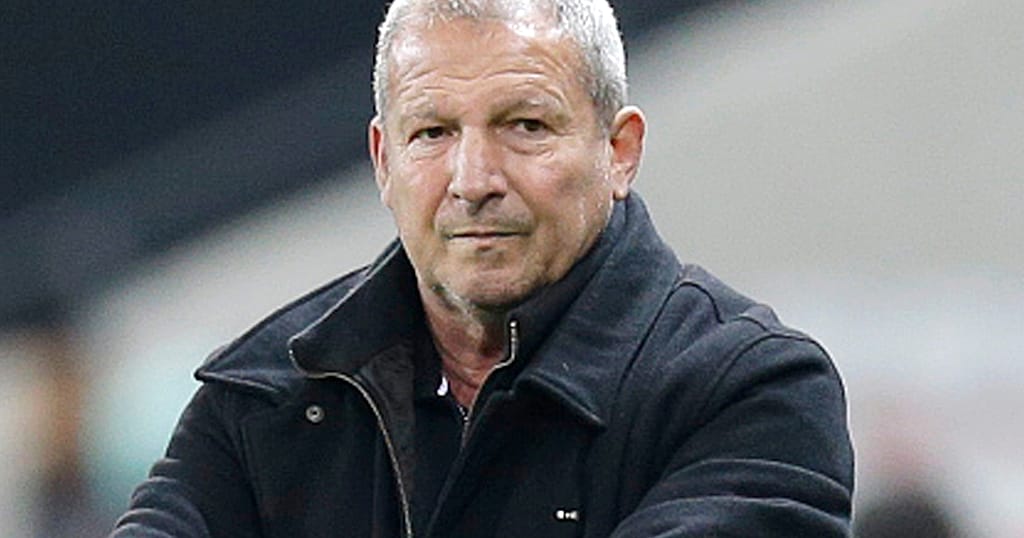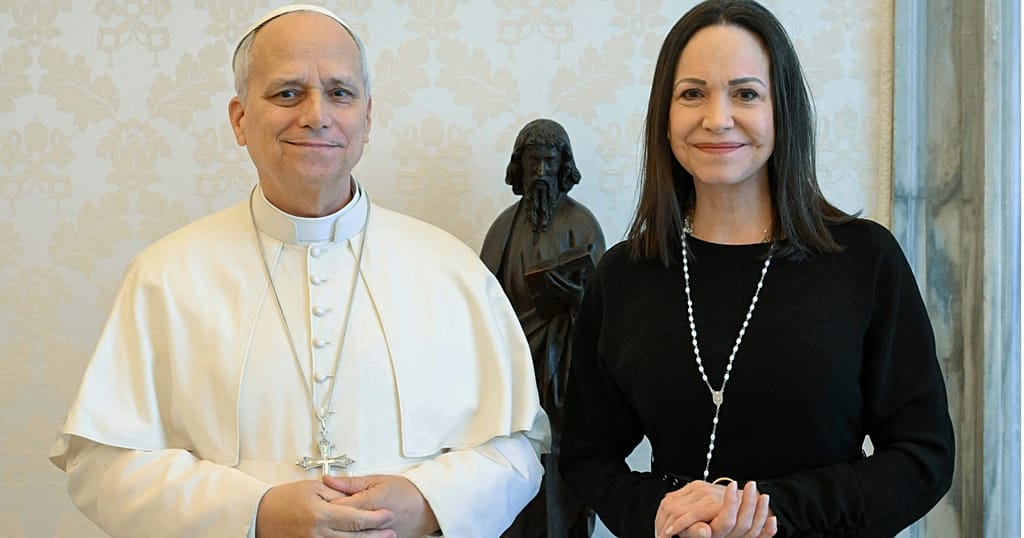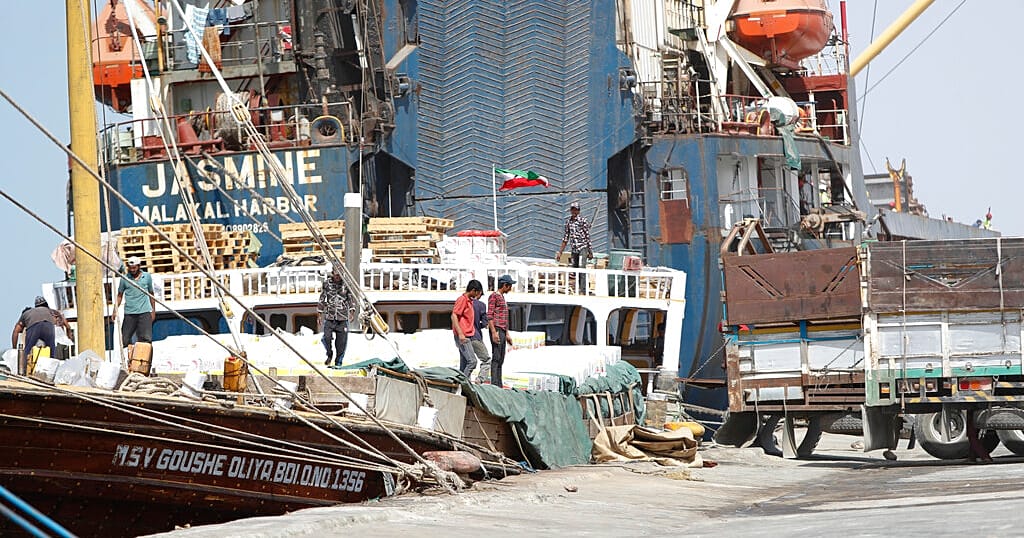Survivors remember Turkey’s deadly 2023 earthquake

Two years have passed since a devastating earthquake struck southern Turkey, yet the grief remains raw for survivors. The magnitude 7.8 quake on February 6, 2023, followed by another powerful tremor, destroyed or damaged hundreds of thousands of buildings across 11 provinces, claiming over 53,000 lives in Turkey and 6,000 in northern Syria.
On Thursday, special prayers were recited in mosques, and survivors visited cemeteries, leaving carnations on graves and offering condolences. A minute of silence was observed at 04:17 a.m., the exact time the earthquake hit, with shouts of “can anyone hear me?” recalling past cries from beneath rubble
President Recep Tayyip Erdogan recently announced that 45% of replacement housing had been completed by the end of 2024, with a goal of delivering a further 452,983 homes, shops, and workspaces by the end of 2025. Jessie Thomson of the International Federation of the Red Cross and Red Crescent Societies noted that nearly half a million people still live in temporary container cities.
Source: Africanews


